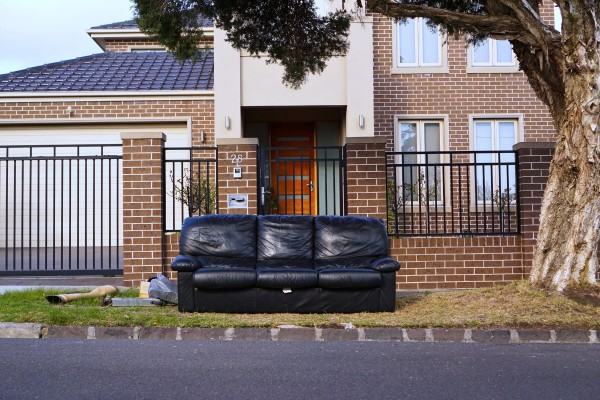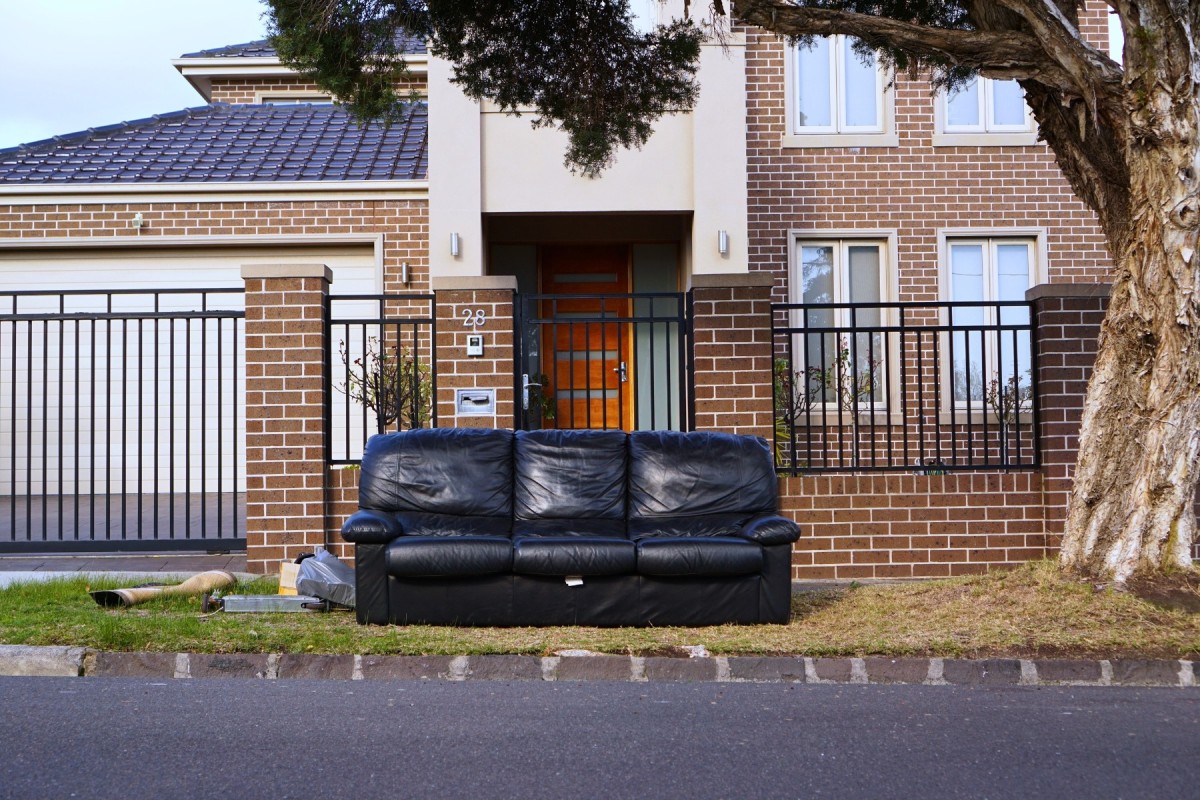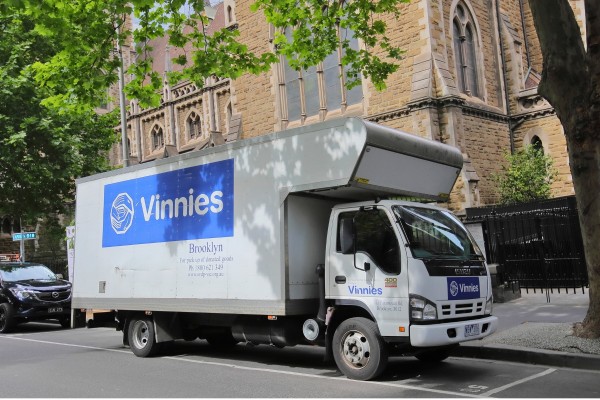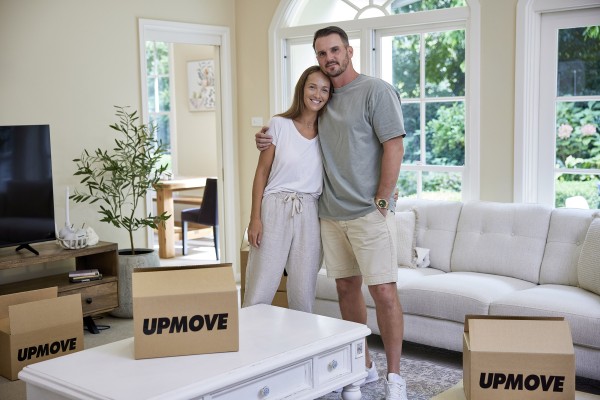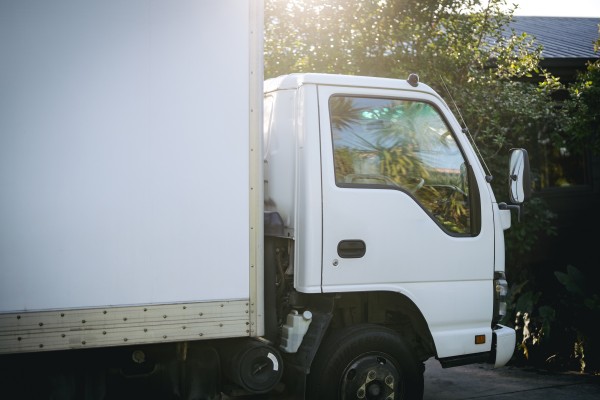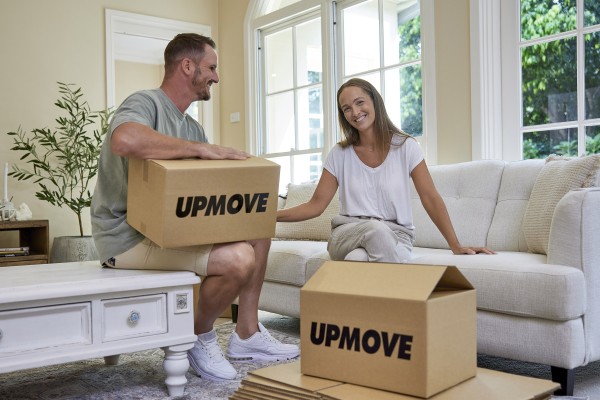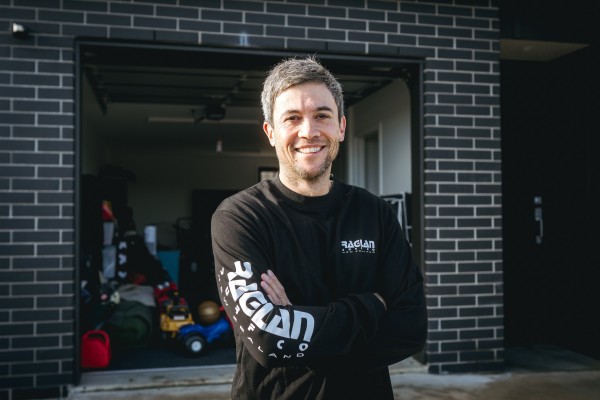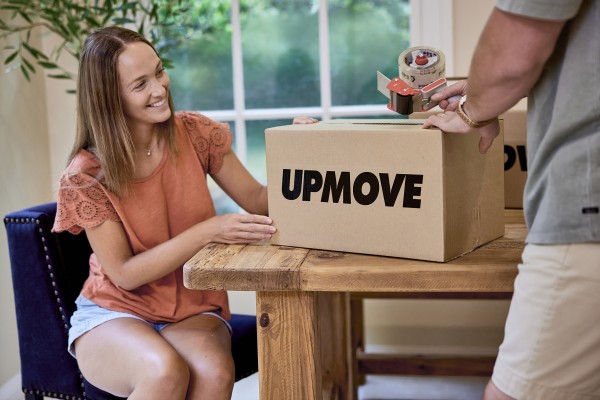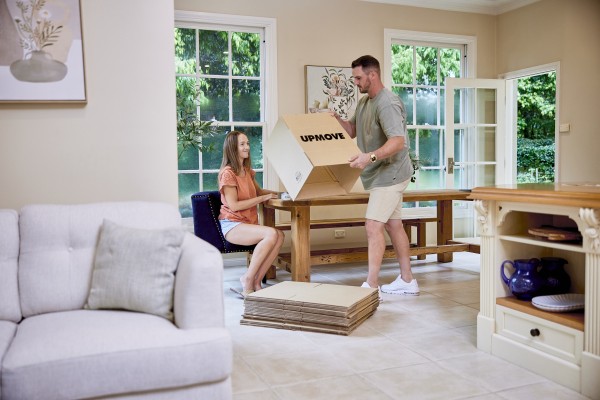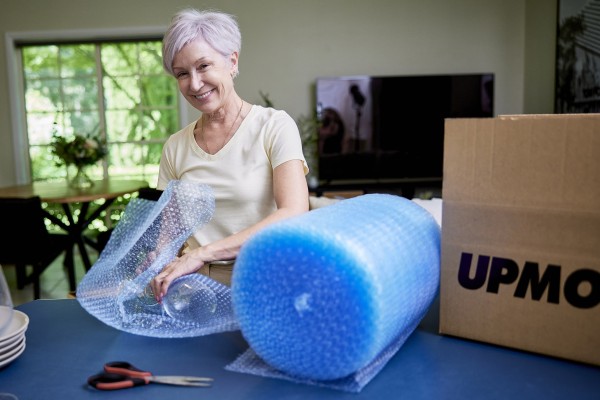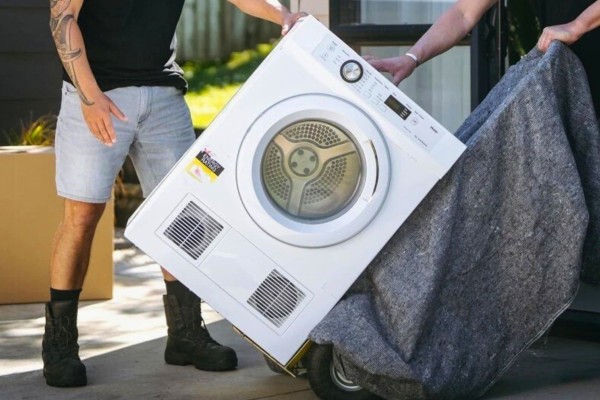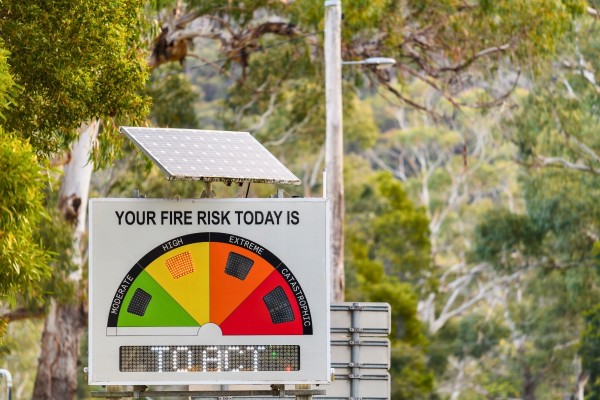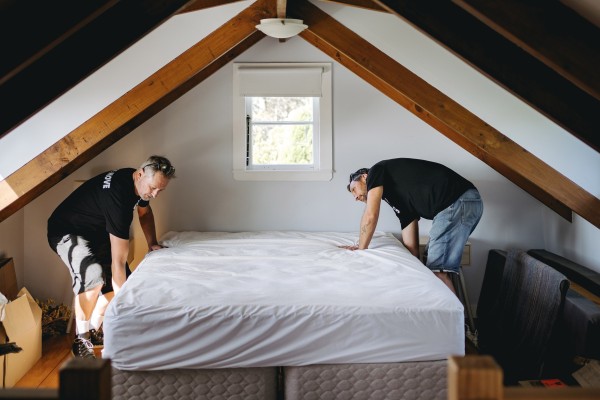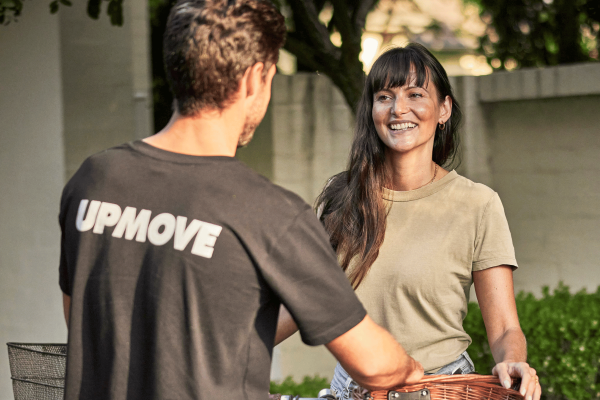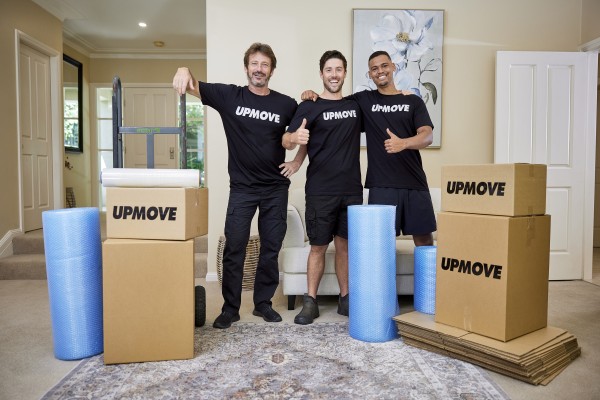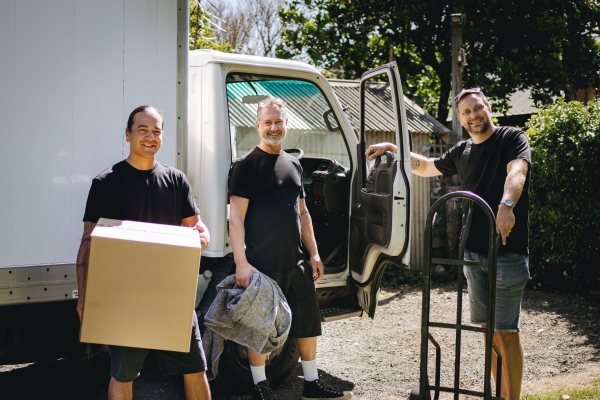6 sustainable steps to a low-footprint home move
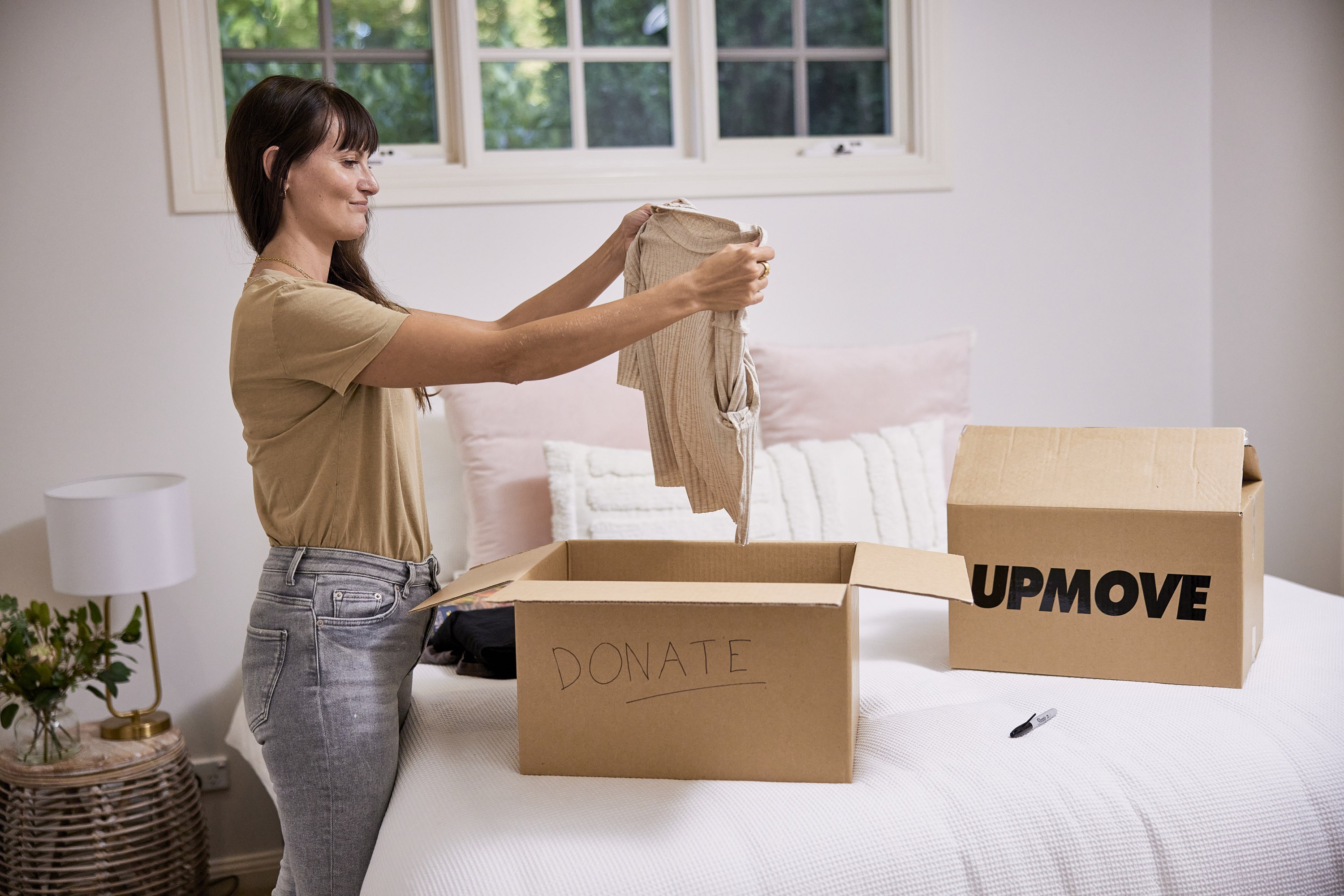
There’s no doubt moving home is exciting and loaded with fresh new opportunities, but the logistics of packing up your life can create a significant environmental impact. From moving boxes, packing materials, household waste, and the general decluttering that happens during a move, sustainable practices often get forgotten. Fortunately, there are many easy ways you can create a low-footprint move - in this article we’re covering them all.
How to make your move more eco-friendly
1. Plan ahead
Planning your move seems like an obvious step, but the truth is, the earlier you get organised, the more chance you have of making more conscious, planet-friendly choices.
Let’s be honest, if you’re chasing your tail, you’ll usually choose the easiest, most accessible option for packing your home - and this is not usually the most eco-friendly option.
With plenty of time up your sleeve, you’ll have the space and energy to create things like inventory lists which will help you decide what stays, what goes, what can be recycled or donated. This not only cuts down on waste, but also minimises the transportation needed for your move
2. Declutter responsibly

Given that almost three quarters of all Australians say they have too many belongings when they move house, it makes sense to declutter before packing up.
3 in 4 Australians say they have too many belongings when they move house.
But, decluttering can often come at the expense of our environment with a large percentage of items ending up in landfill.
Rather than throwing away items you no longer want or need, take some time to work through what can be sold, donated or recycled.
Local charities and shelters are always on the lookout for pre-loved items that can be given to those in need, and online communities like Gumtree or Facebook Marketplace are great spaces to sell items of all kinds.
For those items that can’t be donated or sold, get really clear on recycling guidelines. Many areas have specific bins or programs for electronics, paper and other materials.
3. Limit single-use packing supplies
When we think of moving supplies, most of us think of industrial tape, countless new flat-pack boxes to be built, and a never-ending roll of bubble wrap. Unfortunately, packing up in this way comes with a cost to the environment - a cost that’s completely unnecessary with enough time and planning ahead.
Here are some ways you can switch out new and single-use packing supplies, with planet-friendly options:
Goodby bubble wrap, hello eco-friendly moving blankets
Bubble wrap and styrofoam packing peanuts are typically made from non-renewable petroleum products. These take decades or centuries to decompose in landfills.
A better, more sustainable approach is to invest in moving blankets made from recycled materials to protect your items during transit. Even better - have a look online for someone selling second-hand blankets for less. The best part about this is that you can pass them along to someone else or sell them yourself when you have unpacked all of your belongings.
And, if you don’t have the budget for moving blankets - get creative. Household towels, blankets and clothing are great for wrapping fragile items.
Use biodegradable peanut packing
Instead of using bags and bags of styrofoam or plastic-based packing peanuts, opt for a biodegradable option made from cornstarch or something similar. By making the switch you’ll be able to dissolve them in water or add to your compost once you finish unpacking. Naturally, this is a much more sustainable option than traditional peanuts that often end up in landfill.
Stock up on second-hand boxes
Grocery stores, warehouses and retailers receive and unpack hundreds of cardboard boxes every single day, and some of those are available for customers free of charge. So, it makes sense to source as many second hand boxes as you can in the lead up to your move. They come in all different shapes, strengths and sizes - check out our article 9 places to get free moving boxes in your local area for more info.
4. Optimise your move
By packing your boxes tightly you will reduce the number of boxes needed, and therefore the number of trucks or trips needed for your move. You can also take this a step further by considering moving your items in times that are low-traffic or ‘off-peak’. This will lessen road congestion and fuel consumption. While these steps may seem insignificant, when you take lots of small sustainable steps, they can add up to a big positive impact.
5. Choose a green moving company
If you’re hiring professional removalists, look for companies that prioritise eco-friendly practices.
Some factors to consider include:
-
Fuel-efficient vehicles: Choose movers that use fuel-efficient or hybrid trucks to reduce carbon emissions.
-
Sustainable practices: Inquire about their packing materials, recycling policies, and how they manage waste during the move.
-
Green certifications: Look for companies with certifications that demonstrate their commitment to sustainability.
6. Settle in sustainably

As you unpack, consider how you can best organise your space sustainably. Where possible, reuse, sell or recycle boxes and other packing materials or simply pass them along to someone else in need.
Moving into a new home is also a great opportunity to implement some sustainable processes and practices in and around your living areas. Think eco-friendly home improvements like energy-efficient lighting, water-saving fixtures or sustainable landscaping.
You can also make simple switches like switching to paperless billing and mailing with all of your various accounts and services with different providers. By getting onto this quickly you will also remove the risk of losing important statements or notifications that are automatically mailed to your old address.
Planning an eco-friendly move?
Moving doesn’t have to be harmful to the environment. By following these eco-friendly moving tips, you can minimise your carbon footprint while transitioning to your new home.
You can also embrace the opportunity to create a more sustainable lifestyle once you get there.
If you’re ready to make your next move both exciting and environmentally responsible, Upmove can help. you can find and book removalists across Australia. Each moving company has been checked and verified, so you know you’ll be able to find a company that will help support your sustainability goals and get your items to their new home safely and efficiently.
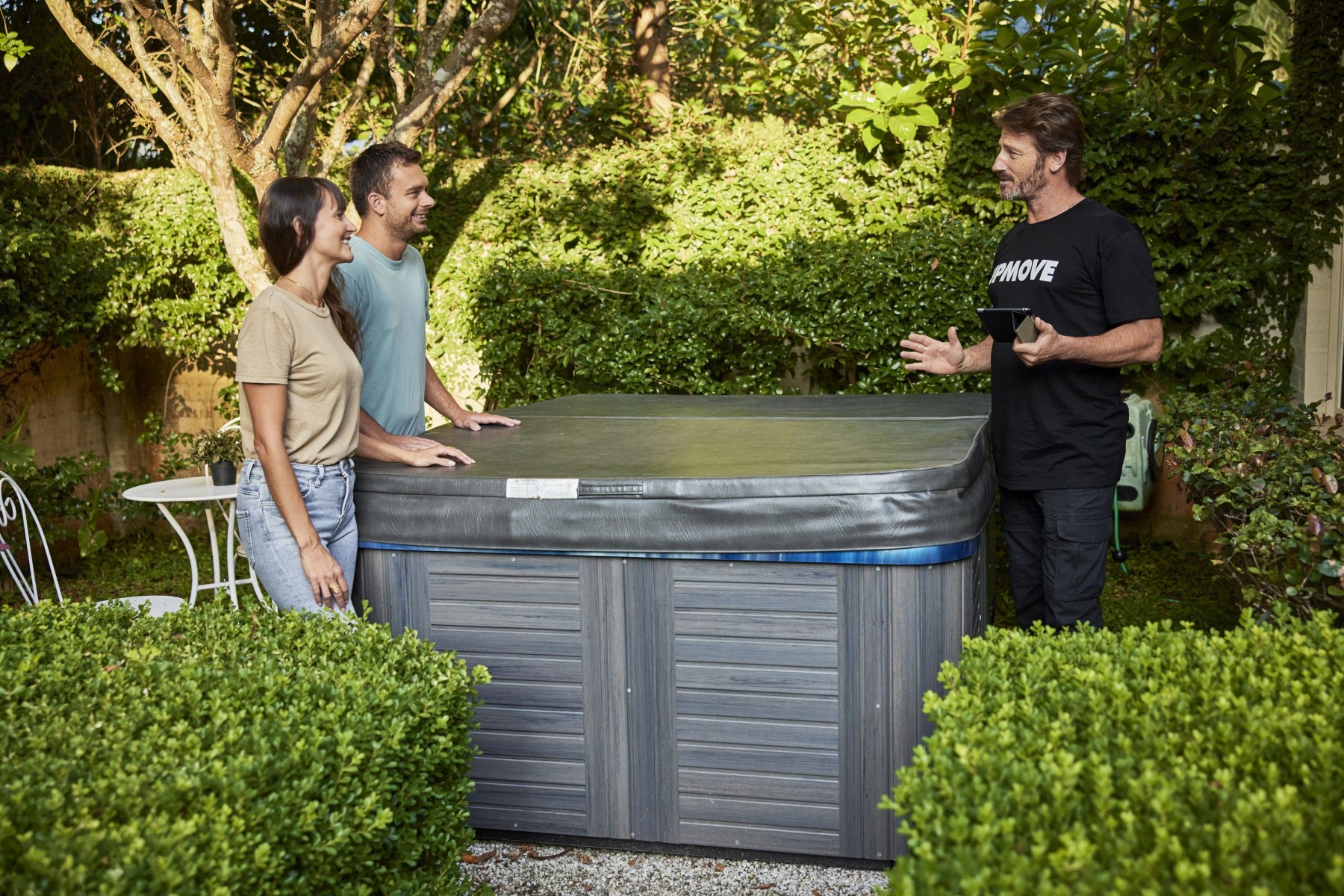
What do our customers say?

